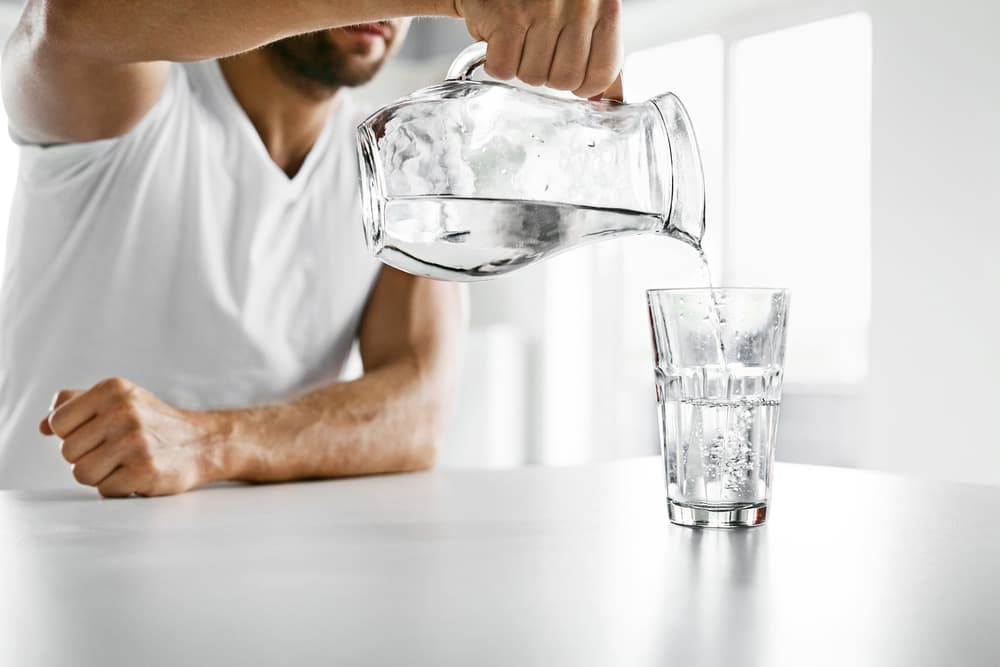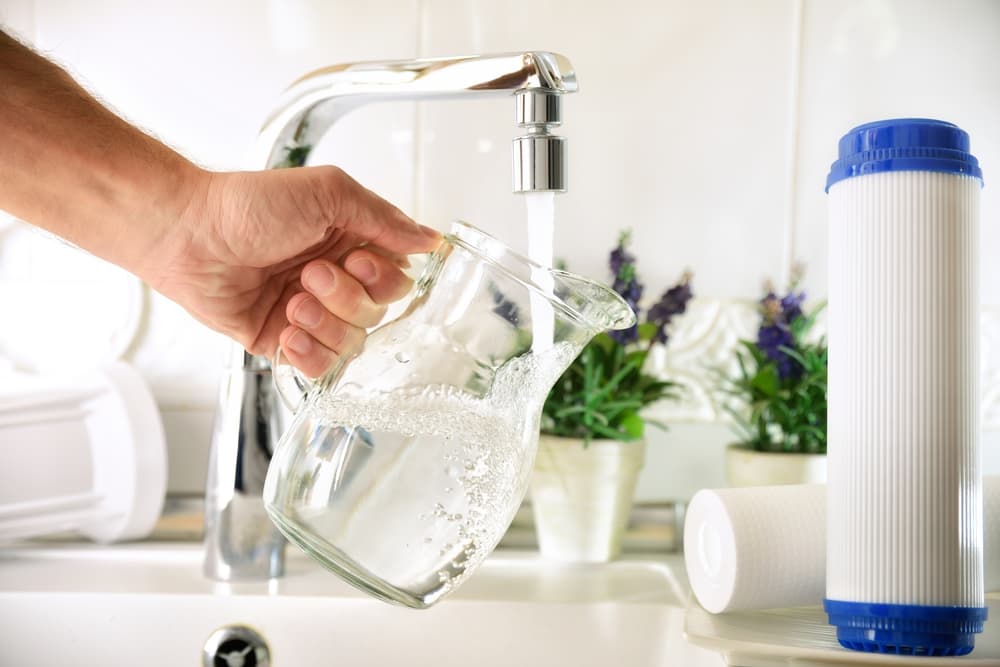Owners of yachts, cruisers, boats, and companies that manage such vessels often face challenges when it comes to water treatment. Reverse osmosis (RO) is commonly used to purify water by removing contaminants and impurities. This process involves forcing water through a semipermeable membrane, which helps eliminate dissolved solids, bacteria, and other harmful substances.
However, have you ever wondered what happens to the wastewater generated during this purification process? Does RO waste water? The short answer is yes; RO does produce wastewater. Yet, the amount of water waste produced in the filtration process depends on various factors.
In this post, we will explore how much water RO might waste and if it’s worth using an RO system despite this.
How Much Water Reverse Osmosis Wastes

A typical point-of-use RO system can generate up to five gallons of reject water for every gallon of permeate produced. This means that roughly four gallons could be used for every gallon of purified water. However, this ratio can vary greatly depending on several factors.
One key factor is water pressure. An RO system operating under a water pressure below 35-40 PSI will generally be less efficient. The condition of your RO filter also plays a significant role in determining efficiency. A worn-out valve can lead to increased water wastage, while a well-maintained system keeps discharged water to a minimum.
In recent years, advancements in membrane technology have led to the development of more efficient RO systems. Some of these new systems boast a 1:1 ratio of permeate to concentrate production. This means only one gallon of reject water is generated for each treated water.
Reverse Osmosis Doesn’t Waste Water, It Uses It
The key to understanding why RO doesn’t waste water lies in a perspective shift. While RO systems consume more water than they produce, labeling this as ‘waste’ is misleading. The additional water used in the process is crucial and can be repurposed for various uses.
Is It Worth It?
Given the higher water usage of RO systems, some might question whether it’s worth investing in one. However, when considering long-term benefits, RO can be a valuable investment. By providing safe and clean drinking water on demand, you eliminate the need for bottled water and reduce your carbon footprint.
Moreover, using an RO system can prolong the lifespan of your plumbing by reducing the buildup of minerals and contaminants. Additionally, RO water quality is often purer than bottled water, making it ideal for cooking and other uses.
Choose Cruise RO Water and Power
While RO systems use more water than they produce, this should not be seen as wastage but rather as part of providing safe, clean water. Regular maintenance and optimal operating conditions can minimize the amount of water used.
When it comes to the health and safety benefits of RO systems, they are undoubtedly worth the investment. Cruise RO Water and Power can provide energy-efficient RO systems that prioritize your water needs, whether you’re a yacht owner or managing a fleet. Don’t compromise on the quality of your water. Contact us today to learn more about our reliable water filtration systems.



